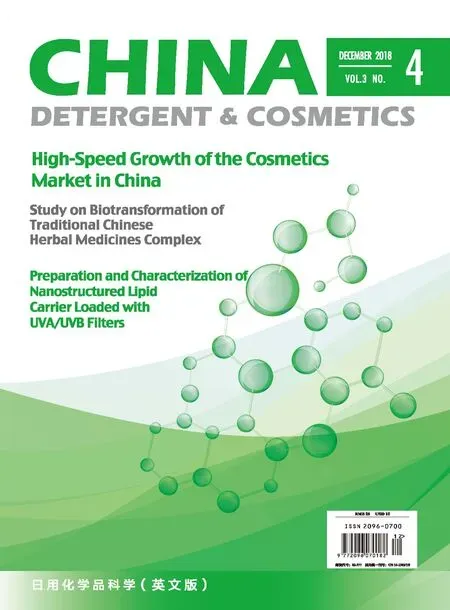China's New CBEC Regulations a Boon for Cosmetics Sector
China has decided not to subject firsttime cross-border e-commerce(CBEC)Imports to licensing, registration or record-filing requirements, signaling easier times ahead for foreign cosmetics companies.
According to the statement from the State Council, China plans to“expand and improve” the existing CBEC policies in order to “unlock the potential of consumption” in China.
“ The Chinese market opportunities for western brand is colossal. The CBEC regulations change is great news for Chinese consumers in search for quality products,” said Kris Fang, Head of Europe for China Beauteville, a cosmetics hub located Huzhou.
“The government is opening the domestic market to international companies and it will definitely help boost consumption of cosmetics products in China.”
In an official statement Permier Li said, “Boosting cross-border e-commerce will contribute to highlevel opening-up. It will promote steadygrowth in foreign trade, drive consumption and create jobs. We need to take a holistic approach, exercise prudent yet accommodating regulation to fully unleash the growth potential of cross-border e-commerce.”
Figures from the General Administration of Customs show that between January and October, retail imports of cross-border e-commerce reached 67.2 bn yuan, up 53.7% year-on-year.
According to a recent study by marketing and consulting agency Westwin, cosmetics are the mostpurchased category on e-commerce sites, making up 53% of sales on Tmall Global, the biggest online retailer in China.
 China Detergent & Cosmetics2018年4期
China Detergent & Cosmetics2018年4期
- China Detergent & Cosmetics的其它文章
- China En Route to Banning Microbeads in Beauty Care Products
- The Reform on “Separation of Operation Permits and Business Licenses” Is Implementing Nationwide
- Sephora Unveils New Chinese Brand Ambassador and Retail Concept
- Europe's Leading Online Beauty Retailer Feelunique Launches an E-Commerce Flagship on Secoo
- Public Consultation of International Cosmetics Standard Chinese Name Directory (2018 Version) by the State Drug Administration
- The Rise of Chinese Cosmetics Consumers
